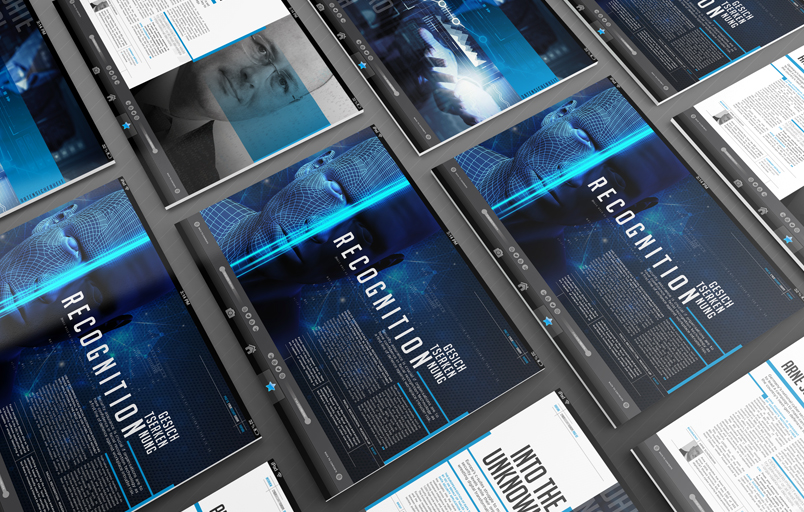Cyber Security Europe connects to its readers via its interactive digital magazine distributed quarterly to its audience of senior European executives in business and government and also via its quality printed magazine available at Europe’s leading security-related events.
With assistance from our strategic partners and their 1000’s of European business and government members, our database of qualified international c- level executives and our social media channels, Cyber Security Europe aims to be a significant voice in providing expert and independent insight on security-related business-critical topics.
Cyber Security Europe provides a platform for world-leading security service and solution providers to highlight and showcase their thoughts, ideas and solutions to managing security issues along with the opportunity to network, promote and connect with those that make decisions related to security in Europe.
Further information on media opportunities is available upon request.
Digital Interactive Magazine using the very latest publishing technology and written by world leading security experts and specialist journalists.
The Printed Magazine is produced in extreme high quality and made available at leading events worldwide on a quarterly basis.
READERSHIP
A detailed analysis of the Cyber Security Europe readership including charts, job titles in various formats will be available shortly.
A list of typical reader job function is available below:
• C-Level and board Executives
• National and municipal government executives
• Senior – operations management
• Academic Staff
• Lawyers, Clerics and Insurance
• Senior Marketing management
• Senior IT/ Security management
CONTENT
Written by world-leading journalists, thought leaders and security experts Cyber Security Europe provides reports on the information security landscape, new technology such as artificial intelligence (AI) and analytics, emerging threats including internet of things (IoT) and identifies the required knowledge for Europe’s senior management executives to manage information securely and protect their organisations.
Key topics include:
• Cybersecurity analytics and monitoring
• Cybersecurity and Brexit
• Personal identity
• High risk industries
• Government surveillance
• Ransomware
• IoT
• GDPR
• DDoS
• Encryption
• Open Source & License Management
• APTs
• ID management
• Data protection
• Data protection
• Threat intelligence
• Intrusion detection
• Incident response
• Cloud security
• Cyber terrorism
• Hackivism
• Protecting critical infrastructure
• Insider threat
• Spear phishing
• Social engineering
• Big data
• Space hacking
• Artificial intelligence (AI) and machine learning




